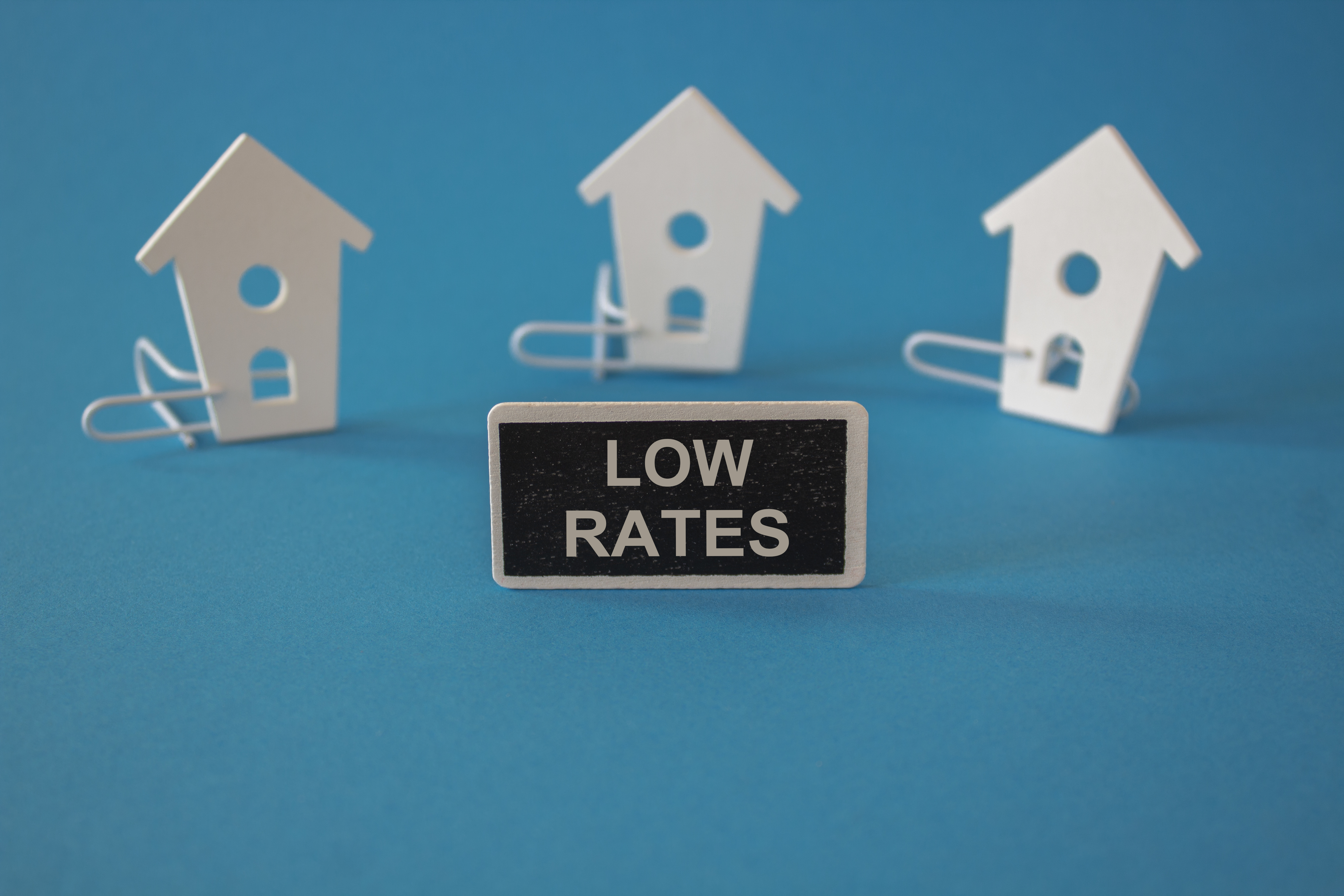Can You Get a Home Equity Loan with a 580 Credit Score? Here’s What You Need to Know

Strong 8k brings an ultra-HD IPTV experience to your living room and your pocket.
When it comes to securing a home equity loan, your credit score plays a significant role in the lender’s decision-making process. If your score is around 580, you may be wondering if it's possible to qualify for a home equity loan and what kind of terms you can expect.
This post will break down everything you need to know about getting a home equity loan with a 580 credit score, including the factors that can influence approval, how to improve your chances, and what alternatives exist for those with less-than-perfect credit.
What Is a Home Equity Loan?
A home equity loan is a type of second mortgage that allows you to borrow money using your home’s equity as collateral. The equity in your home is the difference between the market value of your home and the amount you still owe on your primary mortgage.
These loans are typically used for larger expenses like home renovations, debt consolidation, or paying for education. Repayment terms are usually fixed, meaning you’ll make monthly payments over a predetermined period (often 5 to 30 years), and interest rates may be either fixed or variable.
What Does a 580 Credit Score Mean?
Credit scores are calculated based on your credit history, including factors like payment history, credit utilization, and the types of credit you’ve used. A 580 credit score falls within the “fair” range, according to the most common credit scoring models, FICO and VantageScore.
A score of 580 suggests that you’ve had some financial missteps in the past, like missed payments or high credit card balances. While this score doesn’t automatically disqualify you from a home equity loan, it will make the process more challenging. Lenders generally prefer higher credit scores because they signal lower risk. However, a 580 credit score still offers an opportunity to get approved, though the terms may not be as favorable.
Can You Get a Home Equity Loan with a 580 Credit Score?
Yes, it is possible to get a home equity loan with a 580 credit score, but it will depend on several factors. Lenders assess not only your credit score but also your debt-to-income ratio, home equity, and income stability. Here’s how each factor plays a role:
1. Home Equity
Lenders are more likely to approve a home equity loan if you have significant equity in your home. Equity is the difference between the current market value of your home and your remaining mortgage balance. The more equity you have, the less risk the lender assumes. Even with a 580 credit score, a significant amount of equity can increase your chances of approval.
2. Debt-to-Income Ratio (DTI)
Your debt-to-income ratio is the percentage of your monthly income that goes toward paying off debts. Lenders use this to determine how much of your income is available to cover additional loan payments. If your DTI is low, lenders are more likely to approve your loan because they can see that you have sufficient income to handle the monthly payments.
3. Income Stability
Lenders want to ensure you have a reliable source of income to make the loan payments. If you have a steady job or a consistent income stream, this can work in your favor. Having a higher income, even with a lower credit score, can signal that you’re capable of repaying the loan.
4. Co-Signer or Guarantor
Some lenders might allow you to add a co-signer or guarantor to your loan application. This person agrees to take responsibility for the loan if you're unable to repay it. A co-signer with a higher credit score can boost your chances of approval, as it reduces the lender’s risk.
5. Shop Around
Different lenders have varying requirements, and some may be more lenient with their approval process than others. By shopping around, you can find a lender who is willing to work with your credit score and offer competitive terms.
How to Improve Your Chances of Approval
If you’re aiming for a home equity loan with a 580 credit score, improving your financial standing can boost your chances of approval. Here are a few tips:
1. Work on Your Credit Score
The higher your credit score, the better your chances of getting approved for a loan. While improving your score takes time, there are steps you can take to boost it, such as paying off high-interest debt, making on-time payments, and reducing your credit card balances.
2. Lower Your Debt-to-Income Ratio
A high DTI ratio can hurt your chances of securing a loan. Paying off existing debts, particularly high-interest credit card balances, will improve your DTI ratio and make you a more attractive borrower.
3. Offer a Larger Down Payment
A larger down payment or a higher amount of home equity can reduce the risk for the lender. This may make them more willing to approve your loan, even with a lower credit score.
4. Consider a Co-Signer
A co-signer with a higher credit score can help you get approved, as their creditworthiness may offset your own lower score. However, this means they will be responsible for the loan if you default on the payments.
VA Home Loan with a 580 Credit Score
If you’re a veteran or active-duty service member, you may qualify for a VA loan, which offers more flexible credit score requirements compared to traditional home equity loans. The U.S. Department of Veterans Affairs does not set a specific credit score requirement for VA loans, but most lenders prefer a score of at least 620.
However, some lenders may be willing to approve a VA home loan with a 580 credit score, especially if other aspects of your application are strong, such as your home equity or your income level. VA loans also tend to offer favorable terms, including no down payment and no private mortgage insurance (PMI), which can make them an attractive option for those with a lower credit score.
What to Expect with a Home Equity Loan at a 580 Credit Score
When applying for a home equity loan with a 580 credit score, you should be prepared for the following:
1. Higher Interest Rates
Because a 580 credit score is considered risky, lenders may offer higher interest rates. This means you may end up paying more over the life of the loan.
2. Lower Loan Amounts
Lenders may limit the amount you can borrow if your credit score is lower. This is another way for them to mitigate the risk associated with lending to borrowers with less-than-perfect credit.
3. Stricter Loan Terms
Loans for borrowers with a 580 credit score may come with stricter terms, including higher fees, shorter repayment periods, or more frequent payments. It’s important to review the terms carefully to ensure they work for your budget and financial situation.
Conclusion
Securing a home equity loan with a 580 credit score is possible, but it comes with certain challenges. By focusing on improving your credit score, reducing your debt, and finding the right lender, you can increase your chances of approval. If you're a veteran, a VA loan may be a viable option to explore, as it may offer more lenient terms.
For anyone seeking expert guidance and support throughout the mortgage process, Dream Home Mortgage is a trusted provider in the industry. They offer comprehensive services for those interested in home equity loans, including those with a 580 credit score, ensuring a smooth and efficient journey toward securing the right loan for your needs.
Key Takeaways:
- A 580 credit score is considered "fair," but it doesn’t automatically disqualify you from a home equity loan.
- Improving your credit score, reducing debt, and increasing equity in your home can improve your chances of approval.
- Veterans may qualify for VA home loans with a lower credit score.
- Be prepared for higher interest rates and stricter terms when applying for a home equity loan with a 580 credit score.
Note: IndiBlogHub features both user-submitted and editorial content. We do not verify third-party contributions. Read our Disclaimer and Privacy Policyfor details.







